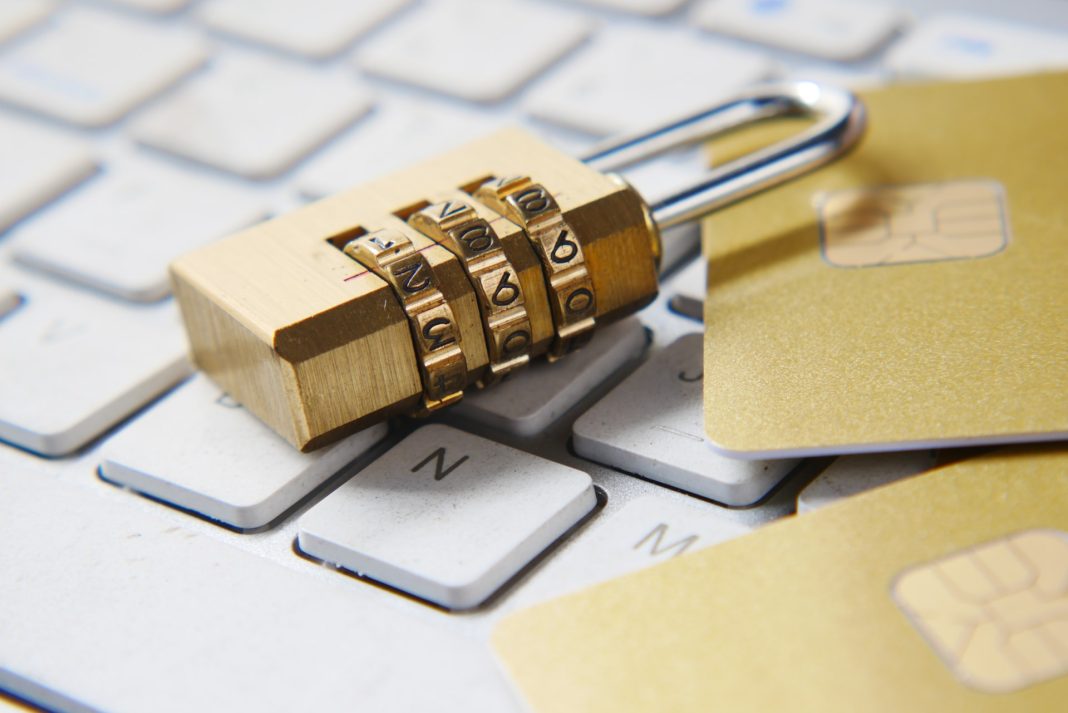Small and mid-size businesses are easy victims of cyber attacks. Verizon’s 2022 Data Breach Investigations Report shows that around 46% of cyber threats affected both small and mid-size businesses. So, overlooking cybersecurity norms just because you own a small business will be the most dangerous move.
As a small business owner, you might risk your business’s reputation if you neglect the importance of preventive cybersecurity measures. It’s impossible to get a hint when a data breach occurs in your organization. Hence, you must always stay ready to handle the worst-possible scenario with updated cybersecurity practices.
Otherwise, it will be difficult for you to prevent client and customer data from getting compromised. Not to mention, the financial loss might shake up the foundation of your enterprise.
Therefore, adopt the necessary cybersecurity protocols to restrict your small business’s face loss and other negative consequences.
Let’s strengthen your business to avoid cybersecurity accidents with the following tried and tested tips, shall we?
1- Begin with Training Your Employees
According to Data Recovery Dubai experts, cyber intruders can sneak into business mostly due to employees’ ignorance. For example, if a regular employee doesn’t know the basic difference between phishing and an official email, it might be a disaster.
Thus, you should shed light on employee awareness regarding cybersecurity practices. Ensure you document proper guidelines to help employees maintain secure activities. Also, don’t click on any lucrative yet illegitimate links.
In addition, mention how employees should handle customer information or any type of critical data. You can even arrange regular cybersecurity awareness programs to update your employees from time to time.
On the other hand, you should also document penalties if any employee violates the business’s cybersecurity rules. Include whom to contact or what the next step would be in case a data spill takes place.
2- Deploy Firewall + Antivirus
Deterring outsiders is easy with an effective firewall program. A firewall keeps a private network away from a hacker’s access. Double-check whether all the computers and devices at your small business are firewall-activated. Moreover, you should use updated firewall software on your systems.
Your employees are currently working remotely. They must have firewalls installed on their devices. However, a firewall can’t tackle everything on its own. That’s why you should build up protection against cyber threats with the help of compatible antivirus software.
Deploy updated antivirus software on every computer to secure it from viruses, malware, spyware, ransomware, etc. Antiviruses will keep your devices clean and discard chances of any early-infected situation. On top of that, keep updating both the firewall and antivirus programs.
3- Manage Data Access Limits
We are sure you don’t let unauthorized people access your business computers. Otherwise, any trespasser can access laptops and retrieve important information from them. Similarly, you should set limits inside your organization regarding access to critical data and assets.
Restrict the number of employees with access to vital company data to its least. Shortlist trusted employees to hand over access to critical data, and this can reduce the chances of data breaching. Map a plan to track which individual employees have access to specific data sets.
In addition to this, creating separate user accounts with unique passwords is extremely mandatory. This will prevent unauthorized access to any laptop, server, or other devices. Furthermore, employees should update their account passwords to protect their accounts and details.
4- Pay Special attention to Mobile Devices
Do your employees use different mobile devices to access corporate information? Or, they might be managing data of a definite business application on their mobile devices. Then, it’s a more significant challenge that you need to combat.
By the way, a single mobile device can spill corporate and confidential information triggered by the vulnerability. You must tell your employees to password-protect their devices and data. Additionally, you might insist on installing security applications and encrypting data using multi-factor authentication.
Undoubtedly, these steps will elevate the security levels of mobile devices. Additionally, mobile devices will remain protected even though they are connected to public networks. Ensure that your employees report incidents of stolen or lost devices to avoid cybersecurity threats.
5- Back up Business Data
Take a deep breath and consider whether your business can afford to steal vital information. We guess that this would run a chill on your spine. If you don’t want to compromise your business data, it’s time to consider a severe data backup.
Files might be piled up on your business computers and other devices. Select any reliable and recommended backup program that automatically copies all your business data to a specific storage location.
What’s the advantage of a data backup plan?
You can immediately restore your small business data in case of a breach. Apart from online or cloud backups, consider offline backups. They are extremely handy if your system encounters a ransomware attack. Remember to keep the backup process automated instead of manual.
6- Defend the Hardware of Your Enterprise
There’s one mistake that most small businesses repeat. Don’t overlook hardware security to look after data and software security only. As you already know, a computer is a soft target for intruders, and they can steal valuable information from it.
Hence, keep track of laptops, desktops, and other devices in the workspace. In addition, you should be careful about using USB flash drives, as they can be stolen. Or, someone might try injecting flash drives to access precious information from authorized computers.
Besides this, you should restrict access to the server and other hardware rooms. You can set up biometrics or any advanced technology to enhance the security of your business hardware.
7- Protect Wi-Fi Networks
Neglecting the strong base of Wi-Fi networks at any business might lead to an unpleasant cyber attack. You can set up a guest network separately so that any outsider won’t have to use the same network your employees use. This will keep your business’s crucial networks secure.
Moreover, you can hide the SSID of the network you or your employees connect to, which will stop broadcasting the network’s name. Additionally, encrypt all business Wi-Fi networks with WPA2 or better encryption protocol. You can also employ a Pre-shared Key for added security.
8- Create a Strong Password Policy
Hackers usually opt for the trial-and-error method to guess a particular password to access the system. Hence, creating easy-to-guess passwords will keep your business on the edge of a data leak.
Enforce strong password policies for employees to keep company data and devices safe. For example, passwords should contain at least 8 to 10 characters, including uppercase, lowercase, numeric, and special characters. The same applies to your vendors who tackle financial and sensitive data.
On a contrary note, employees should update passwords regularly, and it’s better to update passwords within a span of 2 to 3 months. Moreover, they should not include any personal information in their passwords.
Other Things to Keep in Mind….
DDoS, malware, inside attack, phishing, SQL injection attack, password attack, APT, etc., are the most common threats reported in small businesses. Apart from realizing the above-mentioned cybersecurity practices, you should keep analyzing risk assessments. This will clarify the scope of improvements your organization requires.
In addition, keep all software updated and use a password manager to monitor the usage of passwords. Password managers also keep track of your passwords if you forget them. Finally, utilize validated tools to work with payment processors or banks.
Liam James is a laptop enthusiast by day, and a hardcore gamer by night. He is a tech geek with a passion to explore every new technology from mobile apps, video games to laptops. He eats Jalapeno pizza and loves to spend his free time with Jasper (his favorite dog). You can reach out to him on Facebook and Twitter.


